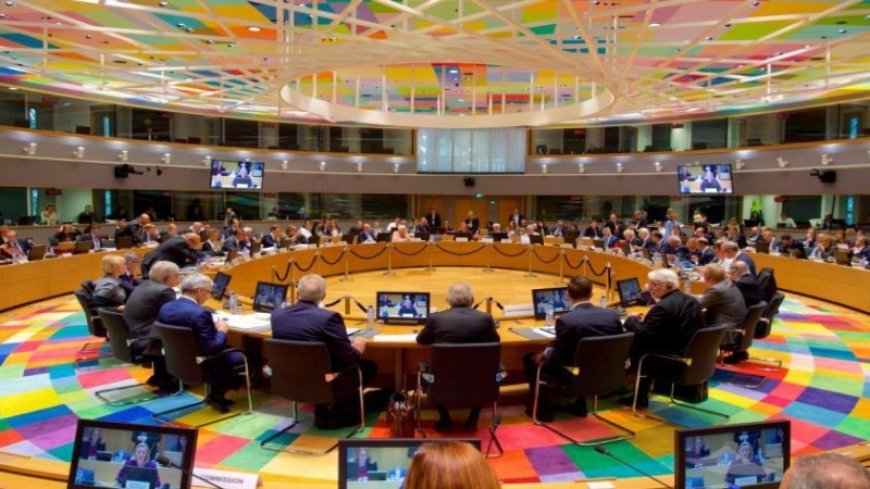Europe on track to review relations with Israel
As the Israeli regime's crimes against Palestinians and genocide against the people of Gaza continue, countries that support the Zionist regime have joined those protesting the policies of this regime and began to seek to review their relations with Israel.

In this context, European Union foreign ministers will discuss Israel's violation of this regime's human rights obligations under the agreement with the Union and its impact on the future of relations with Tel Aviv. As international organizations provide aid to Gaza residents, global support for Palestinian ideals and condemnation of Israel's criminal actions has increased, so much so that many European countries now also want to cut ties with Israel or increase pressure.
He also expressed his opposition to the decision of Prime Minister Benjamin Netanyahu of the German Zionist regime. Now, two members of the European Union, Ireland and Spain, have expressed deep concern in a letter to European Commission president Ursula von der Leyen about the deterioration of the situation in Gaza and whether the Occupation regime is fulfilling its human rights obligations under the agreement with the European Union. They called for the situation to be "immediately reviewed".
This letter states: Given the risk of a humanitarian disaster due to the imminent threat of Israeli military operations in Rafah, and given the events in Gaza since October 2023 and widespread concerns about ongoing events and possible human rights violations, Israel In addition to intense concerns about possible violations of international human rights rules and international humanitarian rules by the European Union, we ask the European Commission to immediately consider whether Israel is bound by its obligations, including within the framework of the “EU and Israel Association Agreement”.
The provisions of the " EU-Israel Association Agreement" emphasize that the relationship between the EU and Israel is based on respect for human rights and that this principle forms a "fundamental element" of this relationship. European countries provided financial, political and military support at the beginning of the Gaza war and even banned citizens' demonstrations against the killing of Palestinians in European countries. Now, with the continuation of Israel's aggressive policies, they had to withdraw from their positions under public pressure, but they still have not reached a single policy in this area.
European Union foreign policy chief Josep Borrell said on the subject: "If the international community believes that this was a massacre and many people were killed, perhaps we should consider providing weapons. Countries have repeatedly declared that Israel killed many people, while taking no specific action to prevent this massacre." They do not exist.This is a contradictory situation.
The divide in Europe has become acute over whether to support Israel or not. Many European countries believe that Israel is committing genocide against Palestinians by violating human rights laws, and in this context, Europe's policies in relations with Israel should change. In this context, Irish Prime Minister Leo Varadkar said that the European Union had lost its credibility, stating that Israel was able to take a strong and united stance on the developments in Gaza.
The deterioration of the humanitarian situation in Gaza, the high number of martyrs, especially women and children, the risk of hunger and famine, the increase in diseases, the lack of medicine and medical personnel, the deadlock in all negotiations regarding Gaza, the worldwide public condemnation of Israel's crimes, and the European This led to countries demanding increased pressure on the occupying regime.
Meanwhile, the International Court of Justice, in response to South Africa's complaint about the crimes of the Israeli regime, expressed its concern about Israel's violation of the "Genocide Convention" and declared that this regime should take the necessary measures to prevent the killing of Palestinians. .
The issue of relations with Israel is expected to be discussed at a meeting of the European Union Council of Ministers soon, but suspending any association agreement would require a decision by all 27 member states of the European Union; It seems that Israeli lobbies in European countries will not allow such a decision.













































